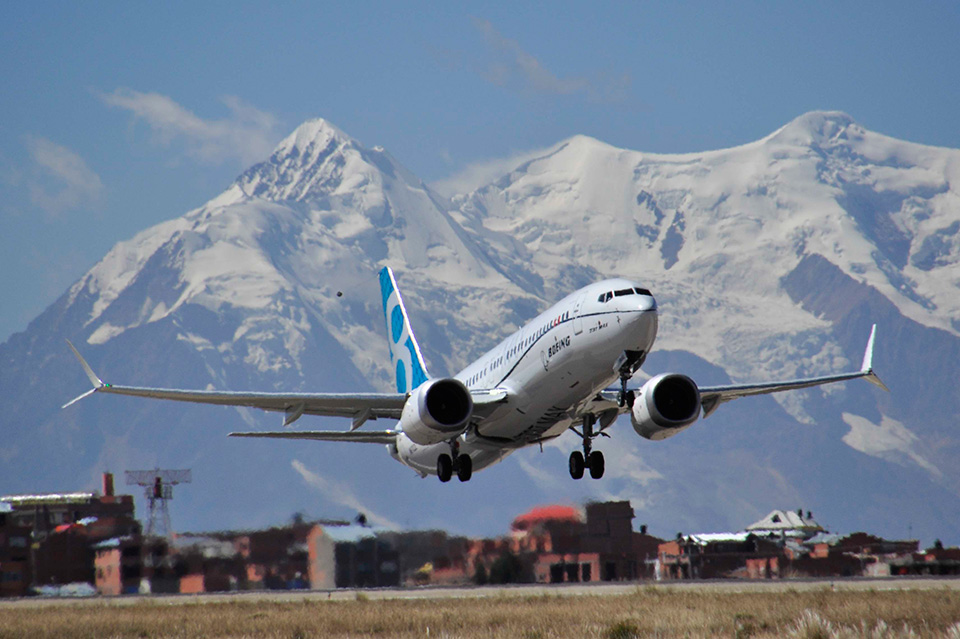Survey finds 1 in 5 will never be comfortable flying the MAX
08 May, 2019
3 min read


Just 19 percent of travelers surveyed by Barclays investment bank said they would be comfortable boarding a Boeing 737 MAX immediately after the planes return to service.
The bank, which downgraded Boeing shares from equal weight to overweight as a result of the survey, found that 21 percent of 1756 people surveyed in Europe and North America who flew at least once a year did not feel they would ever be comfortable flying on the plane.
Twenty percent said they would wait a few months before flying on the MAX while 23 percent said they would delay a year or more, according to the Chicago Tribune.
The remaining 17 percent of respondents were unsure.
The bank revealed the survey in an investment note that prompted a fall in Boeing shares.
It comes as the manufacturer is grappling with the fallout of two 737 MAX crashes in less than five months. The crashes, in Indonesia and Ethiopia, killed 346 people and led to the grounding of the global 737 MAX fleet.
READ: Boeing boss again defends MAX software design.
Boeing is working with the US Federal Aviation Administration and other regulators around the world on software and training changes it says will prevent a re-occurrence of the crashes.
Regulators need to approve the changes as safe before the controversial aircraft can return to the skies and it is not yet clear when that will happen.
Although the figures show the majority of people would eventually fly on a MAX, they underscore the big task the US manufacturer has ahead of it to restore trust in the aircraft after the crashes and a flurry of media reports about issues at the company.
It was not all completely bad news — the survey found experienced flyers were more amenable to getting backing on a plane than those who flew only occasionally. North Americans were also more trusting than their European counterparts.
The survey found 40 percent of people who flew six or more times a year would be willing to get back on a MAX.
But the bank noted that almost half of respondents would not fly on a MAX for a year or more.
“If given a choice between a MAX and another aircraft type on otherwise identical flights, 52 percent would choose the other aircraft type,’’ it said.
Barclays said it expected the recovery of 737 MAX production to take longer than expected and predicted airlines would be unlikely to take the plane as quickly as they were before the crashes.
Boeing chief executive Dennis Muilenburg has acknowledged that the company has to re-earn passenger trust and prove that the plane is safe.
Get the latest news and updates straight to your inbox
No spam, no hassle, no fuss, just airline news direct to you.
By joining our newsletter, you agree to our Privacy Policy
Find us on social media
Comments
No comments yet, be the first to write one.

